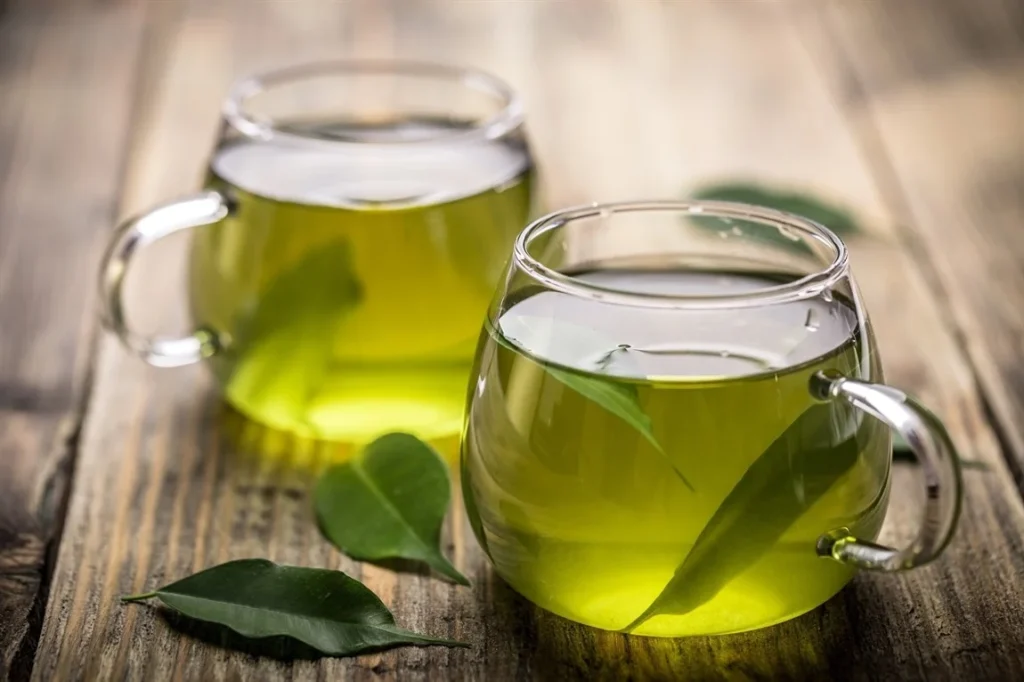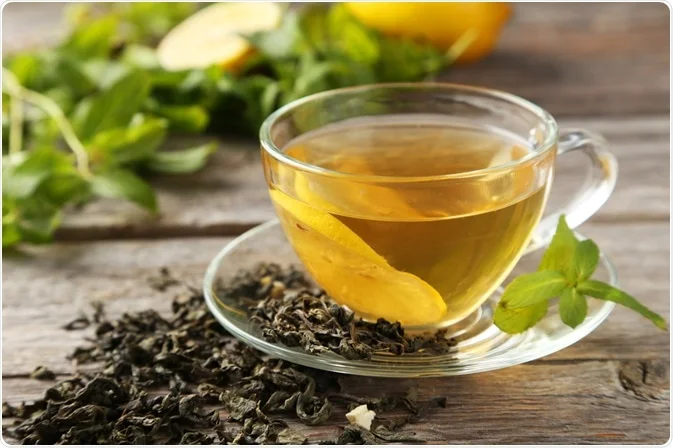Unlock the Full Power of Green Tea: When and How to Maximize Its Antioxidant Benefits
Whether you’re starting your day with a warm, comforting mug or cooling off with a refreshing glass on a hot summer afternoon, green tea remains a beloved beverage for its earthy flavor and impressive health perks. Rich in plant compounds called catechins—especially epigallocatechin gallate (EGCG)—green tea is celebrated for its potent antioxidants that help fight free radicals and reduce inflammation.
But did you know that when you drink green tea can influence how effectively your body absorbs these health-boosting compounds? Keep reading to discover the best times to enjoy green tea for maximum antioxidant absorption and overall health benefits.
The Best Time to Drink Green Tea for Maximum Benefits
You’ll find very few healthcare professionals who advise against drinking green tea at any time. It’s a calorie- and sugar-free beverage packed with antioxidants, making it a smart choice anytime. “The key is to drink green tea when it fits into your schedule,” says Joy Dubost, Ph.D., RD, a registered dietitian and Global Director of Regulatory Affairs and Health Science at Lipton Teas and Infusions. However, considering the timing can help you get the most out of your brew:
Morning: Kickstart Your Day with Antioxidants
Sipping green tea in the morning means you’re getting those beneficial catechins right from the start. Drinking it on an empty stomach can be especially effective because there are no other nutrients competing for absorption. Research indicates that proteins, fiber, and minerals in foods can hinder the bioavailability—or how much your body can absorb and utilize—of flavonoids. Essentially, flavonoids may get trapped in food components like fiber, preventing them from being fully absorbed during digestion.
Between Meals: Timing Is Everything
Are you enjoying green tea with an afternoon snack or right before lunch or dinner? Be cautious—drinking tea too close to mealtime may interfere with nutrient absorption. Tannins, the compounds responsible for that signature astringent taste, can inhibit iron absorption. Iron is vital for transporting oxygen via red blood cells and supporting overall energy. To optimize antioxidant absorption, it’s best to enjoy green tea at least two hours before or after a meal, suggests dietitian Chrissy Arsenault, MBA, RDN.
After Meals: A Refreshing Finish
Many people like to end their meals with a cup of green tea, which can be a relaxing ritual. However, the tannins can bind with non-heme iron (plant-based iron sources), making it harder for your body to absorb this essential mineral. To avoid this issue, wait a couple of hours after eating before sipping green tea, ensuring you maximize nutrient uptake.
Evening: A Relaxing Yet Caffeinated Choice
Green tea contains about 30 mg of caffeine per cup—less than coffee, but enough to potentially disrupt sleep, especially for those sensitive to caffeine. If you enjoy tea before bed, consider switching to caffeine-free herbal options like chamomile. Decaffeinated green tea may have fewer flavonoids, but it can still offer some benefits if you prefer a calming bedtime routine.

Factors That Influence Green Tea’s Antioxidant Absorption
Not all cups of green tea are created equal. Several factors can affect how well your body absorbs its antioxidants:
Brewing Time: Steeping your tea for about 4 minutes in boiling water (212℉) enhances its antioxidant capacity more than shorter steeping times. Hot water extracts more polyphenols and scavenges free radicals more effectively, though steeping too long can make the tea bitter.
Pairing with Foods: Adding vitamin C-rich foods like lemon, strawberries, or oranges can boost antioxidant absorption.4 Conversely, adding cow or soy milk may decrease the tea’s antioxidant availability.5
Your Personal Health: Factors like smoking, BMI, and genetics can influence antioxidant absorption. For example, smokers may absorb antioxidants less efficiently than non-smokers.
Tips to Maximize Your Green Tea Antioxidant Intake
Boost the health benefits of your green tea with these simple tips:
Perfect Your Brewing Technique: Use boiling water and steep for around 4 minutes to unlock maximum polyphenols.
Pair with Vitamin C-Rich Foods: Add a squeeze of lemon or enjoy a citrus fruit alongside your tea to enhance antioxidant absorption.
Skip the Milk: To preserve maximum antioxidant capacity, enjoy your green tea plain without cow or soy milk.
Expert Insights: Making the Most of Your Green Tea
Green tea offers a natural source of powerful antioxidants, but timing and preparation are key to reaping its full benefits. Brewing it properly with boiling water, waiting to drink it around meal times, and pairing it with vitamin C-rich foods can significantly improve antioxidant absorption. By following these tips, you’ll ensure your green tea routine delivers the maximum health-boosting potential with every cup.
Key Takeaways
- For optimal benefits, consider drinking green tea in the morning on an empty stomach.
- Consuming green tea with a meal may hinder the absorption of iron.
- To boost its antioxidant levels, enjoy green tea plain or pair it with vitamin C-rich foods.



